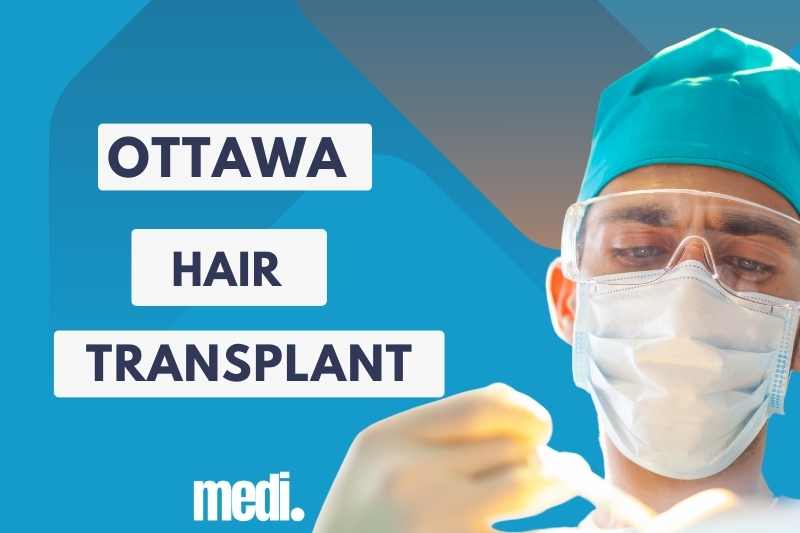No, hair transplant surgery has limitations. It aims to redistribute hair, not create new follicles. Managing expectations is crucial.
For many, combining non-surgical methods can yield comparable or better results without the need for surgery.
Trichologists commonly treat various scalp conditions, including dandruff, scalp psoriasis, seborrheic dermatitis, and folliculitis. Dandruff is characterized by flaky skin on the scalp, often caused by an overgrowth of a yeast-like fungus. Scalp psoriasis manifests as red, scaly patches on the scalp. Seborrheic dermatitis causes red, itchy, and flaky skin. Folliculitis is an inflammation of the hair follicles, typically due to bacterial or fungal infections
Typically, undergoing effective non-surgical treatments for at least six to nine months before contemplating surgery is recommended.
Surgery is more effective for substantial hair loss. Individuals with minimal hair loss might not be ideal candidates.
Non-surgical methods offer affordability, minimal invasiveness, quicker results, and flexibility, catering to various preferences and needs.



